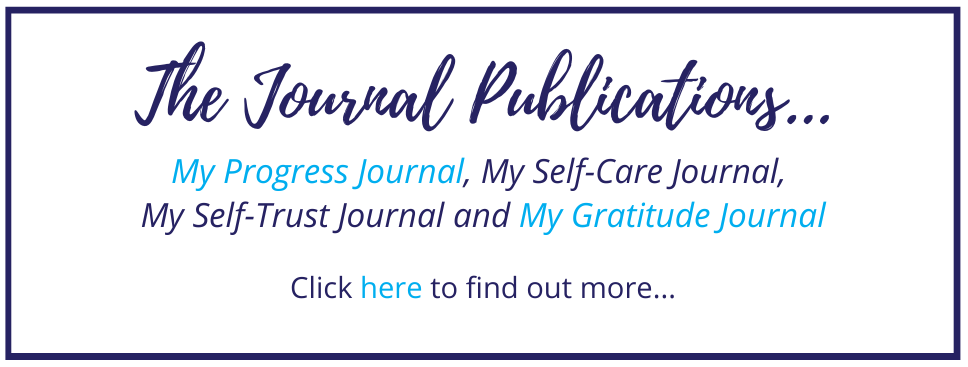Shame Resilience Theory (SRT) was developed by Dr Brené Brown. Brené wrote about the theory in her book I Thought It Was Just Me (but it isn’t): Making the Journey from “What Will People Think?” to “I Am Enough” and has spoken about it several times in her talks, including –
- 2010 TED Talk The Power of Vulnerability has been seen over 23,230,436 times,
- 2010 Price of Invulnerability talk has over 783,129 views, and
- 2012 Listening to Shame talk has been over 5,948,051 times.
Brené’s first TED Talk – the Power of Vulnerability is the fourth most watched TED talk in the world (although Brené actually hasn’t watched it).
What is the Shame Resilience Theory?
In her book I Thought It Was Just Me (but it isn’t): Making the Journey from “What Will People Think?” to “I Am Enough”, Brené discusses shame as a silent epidemic and something everyone experiences. Shame is associated with depression, grief, anxiety, eating disorders, addiction and violence.
According to Brown –
“Shame is the intensely painful feeling or experience of believing we are flawed and therefore unworthy of acceptance and belonging. Women often experience shame when they are entangled in a web of layered, conflicting and competing social-community expectations. Shame creates feelings of fear, blame and disconnect.” (p.29).
The shame resilience theory is a grounded theory and is based on building resilience to shame by connecting with our authentic selves and growing meaningful relationships with other people. Shame resilience involves moving towards empathy (courage, connection and compassion) when we are experiencing shame and away from shame (fear, blame and disconnection).
According to Dr Brown, the four (4) elements of Shame Resilience are –
- Recognising shame and understanding our triggers (e.g. physical responses like our heart racing or tightness in our chest),
- Practising critical awareness (i.e. knowing why something exists, how it works, how our society is impacted or impacting on that something and who benefits from it),
- Reaching out and telling our story (i.e. by reaching out to our support network and sharing our story, we can increase our resilience and create change), and
- Speaking shame is so important as its survival depends on going undetected (i.e. through secrecy and silence). Subsequently, if we recognise and understand our triggers, practice critical awareness and reach out to others, we can grow our resilience as we practice communicating about our shame with our most-trusted advisors who use their own compassion and courage whilst listening and supporting us.
Common Reactions to Shame
In her research, Brené found that when people don’t recognise their shame and the expectations and messages that trigger shame, we put up shame screens. A shame screen is a defence mechanism that we use to protect ourselves as it triggers our primal fight, flight and freeze response. It means we either –
- moving against shame by trying to gain control or power over others or being aggressive,
- move away from shame by withdrawing, hiding, keeping secrets or staying silent, and
- moving towards shame by seeking approval and belonging.
By recognising our shame screens, we can make alternative choices as shame screens do not work and can cut us off from what we want most in life – authentic connection with ourselves and others (which is why developing empathy is important).
The Power of Empathy
Before we discuss the power of empathy, let’s identify what empathy is –
- “the ability to understand and share the feelings of another.” ~ Google and Oxford Dictionaries
- “the feeling that you understand and share another person’s experiences and emotions : the ability to share someone else’s feelings” ~ Merriam-Webster
- “the psychological identification with or vicarious experiencing of the feelings, thoughts, or attitudes of another” ~ Dictionary.com
In her research Brené found that by developing empathy through practicing shame resilience we can create the things in life that we want the most – to be valued, seen and acknowledged as a worthwhile person.
Simply – shame isolates and separates. Empathy builds connection, courage and compassion. The choice is yours…
If you are ready to reclaim your courage and take the next step towards freedom and opening your heart, why not join our Toolkit?
References –
Brown, B. (2007). I Thought It Was Just Me (but it isn’t): Making the Journey from “What Will People Think?” to “I Am Enough”. New York, USA: Penguin.
Brown, B. (2010). The Gifts of Imperfection: Let Go of Who You Think You’re Supposed to Be and Embrace Who You Are. USA: Hazelden.
Brown, B. (2012). Daring Greatly: How the Courage to Be Vulnerable Transforms the Way We Live, Love, Parent, and Lead. New York, USA: Penguin.
Page Reference –
I have had many people want to reference this page, so here is the correct reference. Thanks in advance for honouring the work on Habits for Wellbeing 🙂
Taylor, J. (2016) Shame Resilience Theory by Brené Brown. [WWW] Available from: https://www.habitsforwellbeing.com/shame-resilience-theory/ [Accessed …….. ]

















14 Comments
[…] Typical reactions to shame include: withdrawal, aggression, and approval seeking behavior. […]
[…] Brené Brown’s shame resilience theory is one good place to start. According to Dr. Brown, the elements of shame resilience are recognizing feeling shame and understanding shame’s triggers, practicing critical awareness, […]
[…] to Brown, who has extensively researched the effects of shame and articulated Shame Resilience Theory, recognizing when you feel shame and why and talking about it is one of the most powerful things […]
[…] proves that it still feels a bit vulnerable.) But, over time, I began to develop some resilience to the shame holding me back. Now, I can do it much easier than […]
[…] very personal and “shameful” things to each other. According to renowned shame researcher Dr. Brene Brown, shame is the “intensely painful feeling or experience of believing that we are flawed and […]
[…] shame is a silent epidemic, according to American researcher Brene Brown, it’s rarely mentioned as one of the strongest drivers of most behaviours on both individual and […]
[…] we grow and change and become better people than we were yesterday and the day before. Go read some Brene Brown, she’ll tell […]
[…] need to be in any respect ranges of expertise. Brene Brown has researched the advantages of her ‘Shame Resilience Theory’ for strengthening us as people and a […]
[…] positive change, but our sense of self-worth should never be on the line. This can trigger shame; the intensely painful feeling or experience of believing we are flawed and therefore unworthy of acc…. The best piece of advice you would be lucky enough to receive is: Be kind to yourself, forgive […]
[…] of fear, shame often works in overdrive to hide this truth. Popular author and research professor Brené Brown insists that “Shame is the intensely painful feeling that we are unworthy of love and […]
[…] specifically focused on how to be resilient against the feeling of shame. Dr. Brown, introduced the shame resilience theory in her book citing four step toward […]
[…] of the best ways to deal with this is by developing shame resilience. While that can be a long-term project, you can get started by remembering that you can feel shame […]
[…] and how shame is so connected to the choices I made around drinking…I’m ready for Shame Resilience. (Future […]
[…] but the thinking what others think of us, which excites a blush.” Following Brené Brown’s shame resilience steps, the first is to be able to recognise the triggers and shame reactions. Realise what is likely to […]
Leave A Response